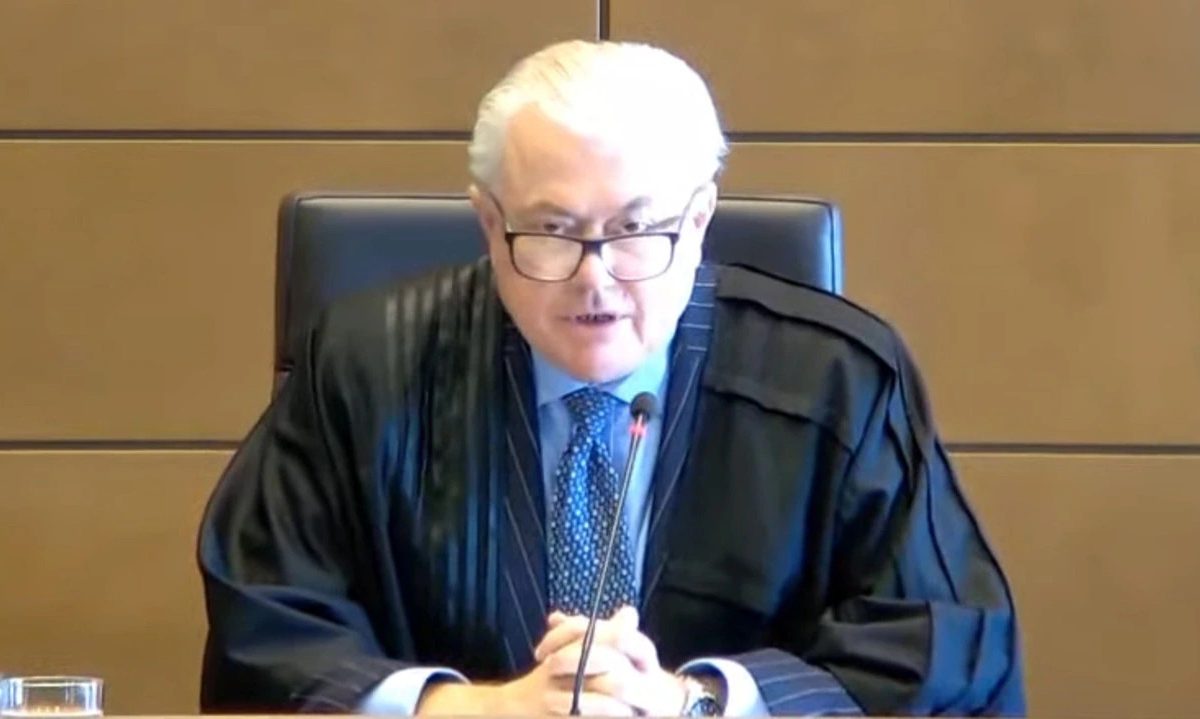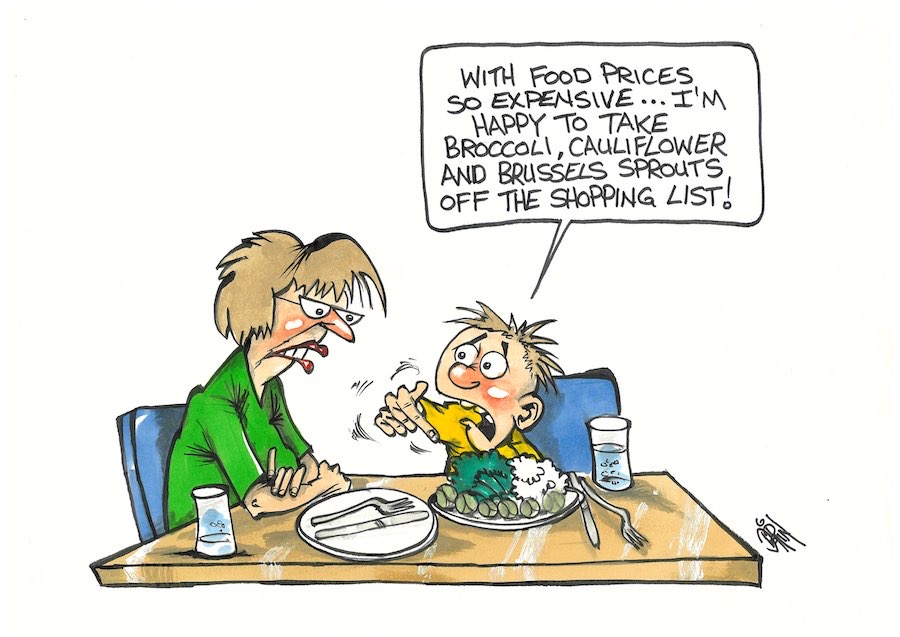CONGRATULATIONS to all the readers of this column on surviving the so-called festive season.
As we ponder our maxed-out credit cards, strained friendships, bulging waistlines and presents we’d never have bought for ourselves with our own money, we can at least give thanks for our continued existence.

However, we can be thankful that in 2015 Australia started talking seriously about domestic violence.
Considering the injury toll is unknowable, and there were nearly 100 dead women in 2015, starting a conversation was no better than a good start.
Elements of society tried to do the things they do to help.
Legislators passed laws; choking is now an offence. Police promised to start investigating complaints.
The trouble with having public conversations on issues is that many of the voices in the conversation range from being downright wrong, to being mendacious but cloaked in fine-sounding intentions.
It doesn’t take long in these discussions for someone to start talking about the central importance of “keeping the family together”.
I would argue the opposite.
Long before tempers fray and things come to blows we should be trying to help people end their bad relationships and possibly guide them into help for mental health issues that plague their relationships.
Sadly, the reality in Australia today is that it’s very, very hard for a person on a single income to afford a place of their own. (Sure we’ve made property owners wealthy beyond their wildest imaginings, but that was always going to come with many costs.)
December statistics from the Australian Institute of Health and Welfare (AIHW) showed that three years after fleeing an abusive relationship 40 per cent of women were still not in stable accommodation.
Those are terrible odds. It shows just how awful domestic situations can get if anyone’s willing to subject themselves to a serious likelihood of being in unstable housing for long years on end.
Until reasonably recently, large chunks of society were set up to force us to stay in marriages.
Divorce carried significant stigma and, as recently as 50 years ago, Islamic countries had more progressive and pragmatic customs for divorce than Australia.
Now we mostly accept that if things aren’t working out it’s better for everyone involved, and for society as a whole, if a couple goes their separate ways.
But with such a change being relatively recent we desperately need to change the way society and its governments address couples breaking up and giving both parties the support they need to get their lives together.
It will cost some money in the short term, but will save an enormous amount of treasure in the long term.
Police, ambulances, emergency rooms and courts cost us a lot more than emergency, medium-term housing needs to.
And that’s before we consider the loss of human potential piling up in the morgues.
Who can be trusted?
In a world of spin and confusion, there’s never been a more important time to support independent journalism in Canberra.
If you trust our work online and want to enforce the power of independent voices, I invite you to make a small contribution.
Every dollar of support is invested back into our journalism to help keep citynews.com.au strong and free.
Thank you,
Ian Meikle, editor




Leave a Reply